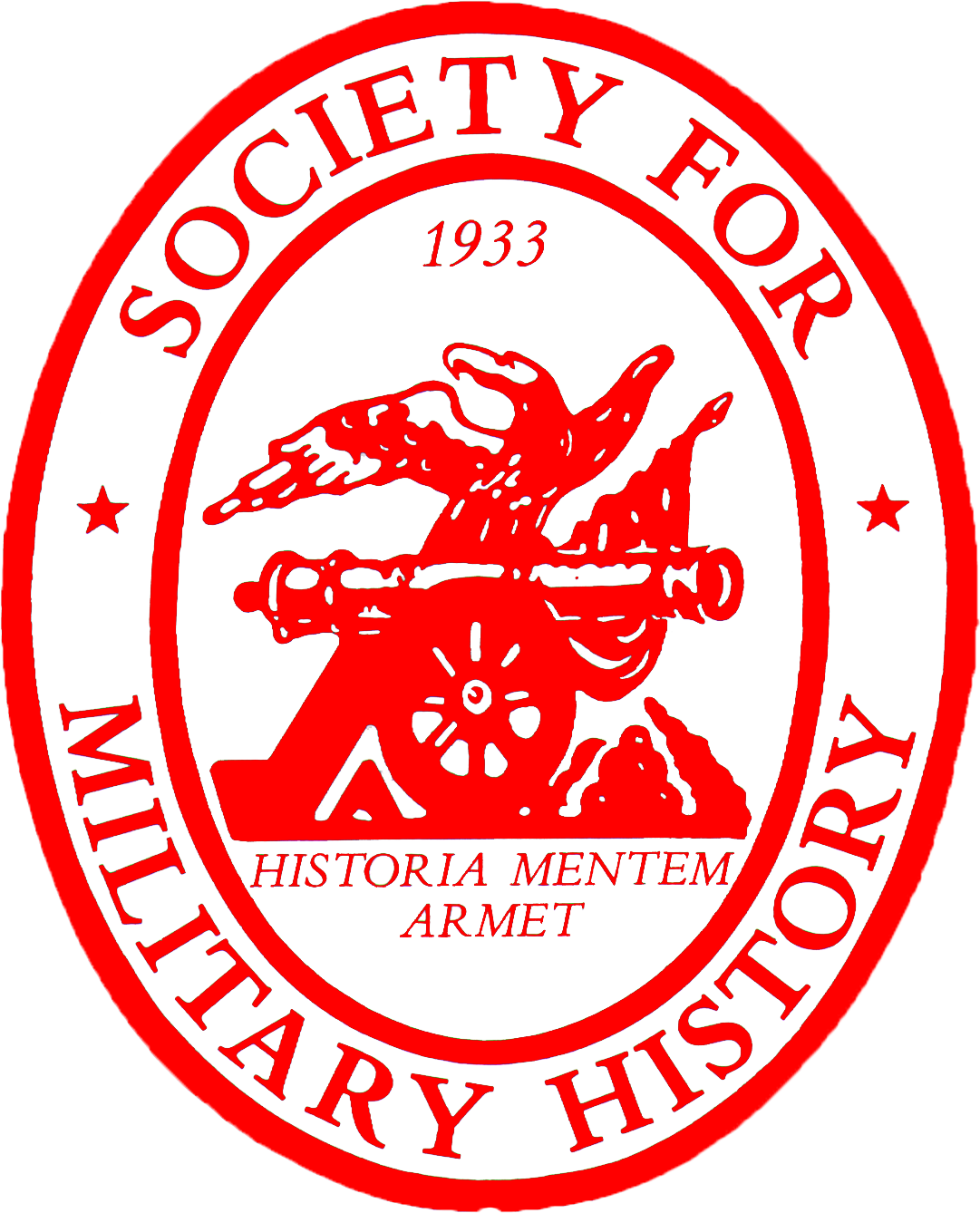
Inclusive Conference Planning
Early last year, the International Security Studies Section of the International Studies Association (ISA) conducted a survey to analyze how they could recruit and retain new members, promote their field in academia and best assist the career development of their members. The results showed a disturbing pattern—significant numbers of the respondents (and those are the people who are members and responded, not the people who left) felt unwelcome at the conference, had negative experiences and had the impression that the organization was not supportive to women and minorities. https://academic.oup.com/jogss/article-abstract/5/1/216/5660377?redirectedFrom=fulltext
This is a no way to run a 21st century professional meeting. Or lecture series. Or hiring pool.
None of us can single-handedly solve structural inequities, but individual actions can work to make our meetings, panels and auxiliary activities like hiring colleagues, choosing keynotes speakers and recruiting new members more inclusive and healthier for the profession. Conferences are a great place to see your grad school colleagues, but by reaching out a little further, you can both benefit your own work with exposure to new perspectives, approaches and resources, as well as make for a session that builds networks and context. It takes some legwork and time but imagine a panel in which you are doing the operational aspect of a battle and can locate someone who takes on a public history aspect of it like memorialization and a different colleague who looks at its impact on the Indigenous people of the region. Panels that draw from a diverse group of scholars—from different demographics, types of institutions, working from a whole spectrum of approaches make for intellectually stimulating results.
These are some links to membership directories and ways to find expertise. For those sibling organizations without list of people, you may request to have messages posted to their social media or mailing list.
This is not an encyclopedic list, and additions are welcome:
State and Local Historical Societies are a rich source of experts working in local archives, public history, education outreach and on military history subjects (Bonus: you might find out about a cache of things you did not know existed). These are some examples with interesting military “hooks”:
This is a no way to run a 21st century professional meeting. Or lecture series. Or hiring pool.
None of us can single-handedly solve structural inequities, but individual actions can work to make our meetings, panels and auxiliary activities like hiring colleagues, choosing keynotes speakers and recruiting new members more inclusive and healthier for the profession. Conferences are a great place to see your grad school colleagues, but by reaching out a little further, you can both benefit your own work with exposure to new perspectives, approaches and resources, as well as make for a session that builds networks and context. It takes some legwork and time but imagine a panel in which you are doing the operational aspect of a battle and can locate someone who takes on a public history aspect of it like memorialization and a different colleague who looks at its impact on the Indigenous people of the region. Panels that draw from a diverse group of scholars—from different demographics, types of institutions, working from a whole spectrum of approaches make for intellectually stimulating results.
These are some links to membership directories and ways to find expertise. For those sibling organizations without list of people, you may request to have messages posted to their social media or mailing list.
This is not an encyclopedic list, and additions are welcome:
- OAH Speaker’s Bureau: https://www.oah.org/lectures/
- Women of Color Advancing Peace and Security: https://www.wcaps.org/
- Women Also Know History: https://womenalsoknowhistory.com/
- Women Also Know Stuff: https://womenalsoknowstuff.com/
- Women's Foreign Policy Network: https://www.facebook.com/groups/womensFPnetwork/
- Association of Black Women Historians: http://abwh.org/
- Women in Aerospace: https://www.womeninaerospace.org/
- International Aviation Women's Association: https://iawa.org/
- Association for the Study of African American Life and History: https://asalh.org/speakers-bureau/
- Women in Military History (crowdsourced): https://docs.google.com/spreadsheets/d/1C-LDZR56I7z9wMfmxWpToE20odIi84NkwBn9E36Vv6A/edit?fbclid=IwAR3yK-qK07-9x31UaEdM2LVYNKv0WtkwBdFPTTFWVe0oAPLKROHi_iTBmA0
- NatSecGirlSquad: https://www.natsecgirlsquad.com/?fbclid=IwAR23VwAwp446y-lL3P2IBYwF0mzp0IvKtBDDg3Iye9oPU2iyZIYX8XwPI7Q
- Women in International Security: https://www.wiisglobal.org/
- Women's Intelligence Network: https://www.intelligencehistory.org/win
- Women in Technological History: https://hssonline.org/grants-prizes/women-in-technological-history-with-a-society-for-the-history-of-technology-shot-special-interest-group-sig/
- The Women’s’ Room (UK): https://www.thewomensroom.org.uk/
- The Brussels Binder: https://brusselsbinder.org/ (EU)
- Historians for Peace and Democracy: https://www.historiansforpeace.org/speakers-bureau/
State and Local Historical Societies are a rich source of experts working in local archives, public history, education outreach and on military history subjects (Bonus: you might find out about a cache of things you did not know existed). These are some examples with interesting military “hooks”:
- Wisconsin: https://www.wisconsinhistory.org/Records/Article/CS15372
- New Mexico Jewish Historical Society: https://nmjhs.org/speakers-bureau/
- Arizona: https://azhumanities.org/wp-content/uploads/2019/07/AZ-Speaks-Catalog-2019-2020-Final.pdf
- Michigan: https://hsmichigan.org/resources/storytellers-speakers-performers/
- Montgomery County: https://montgomeryhistory.org/speakers-bureau/speakers-bureau-topics-complete/

